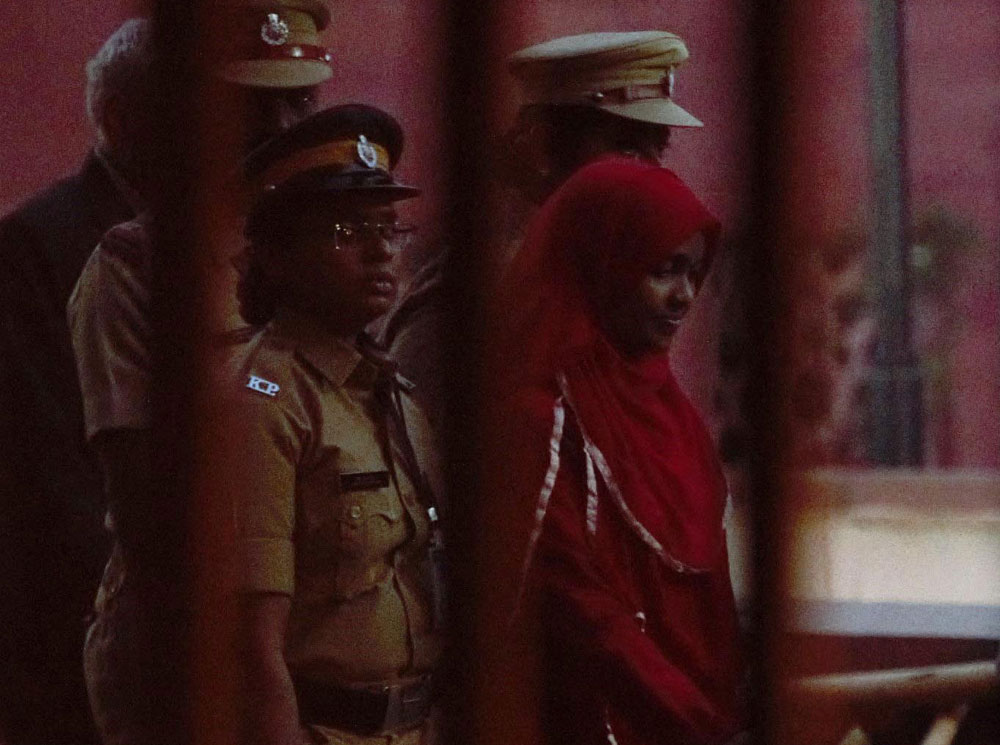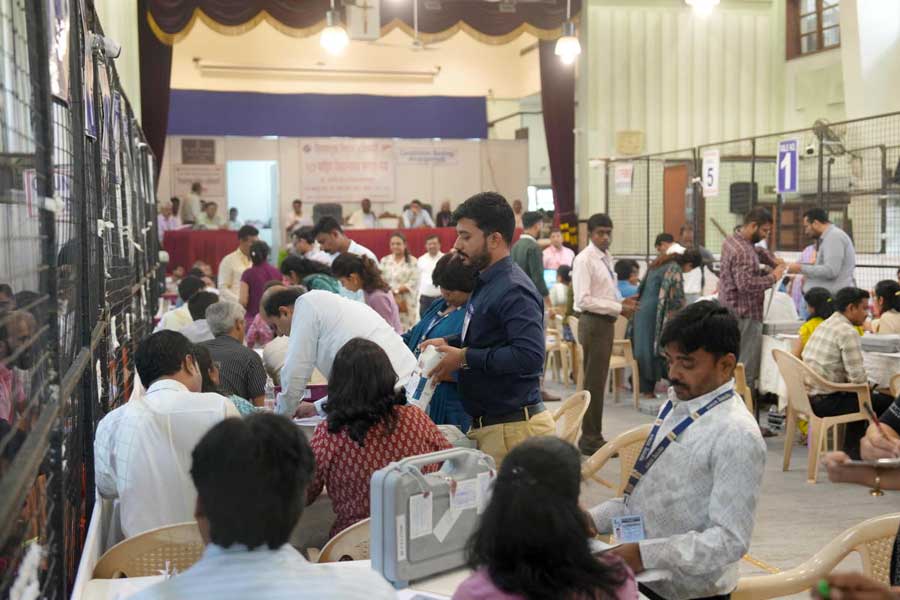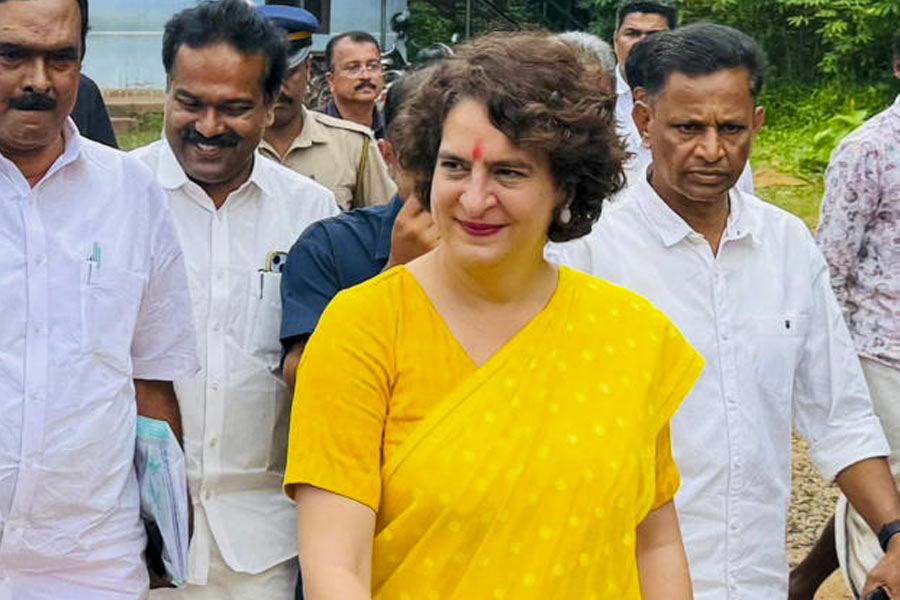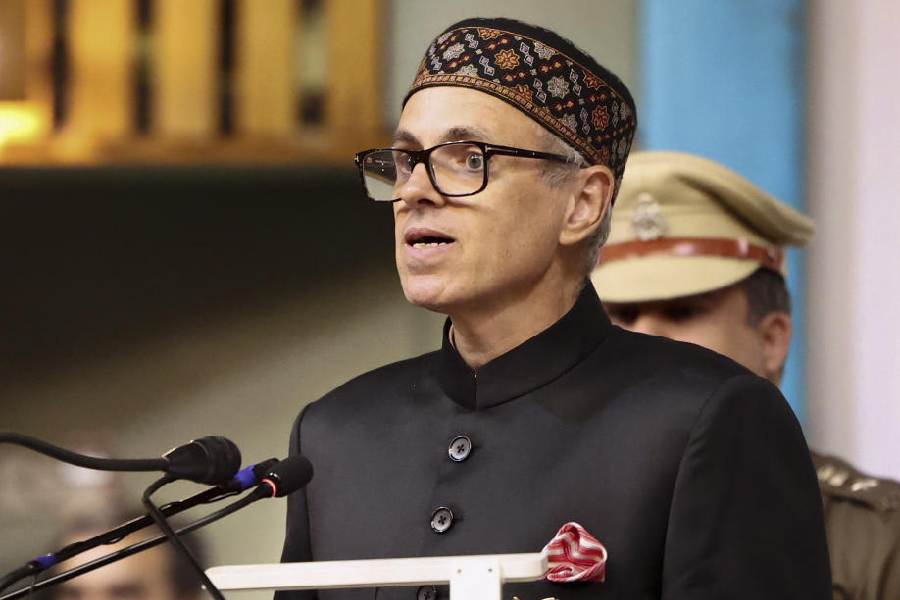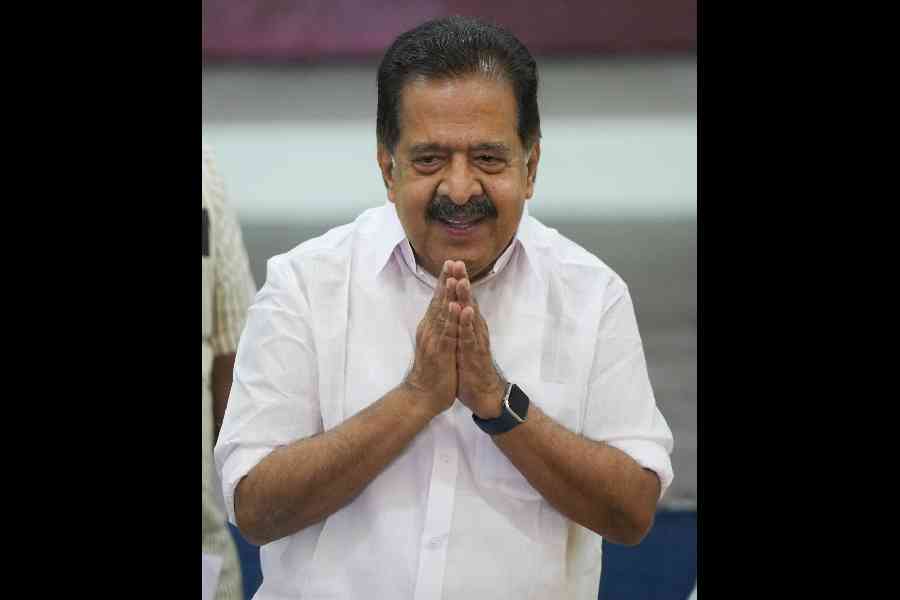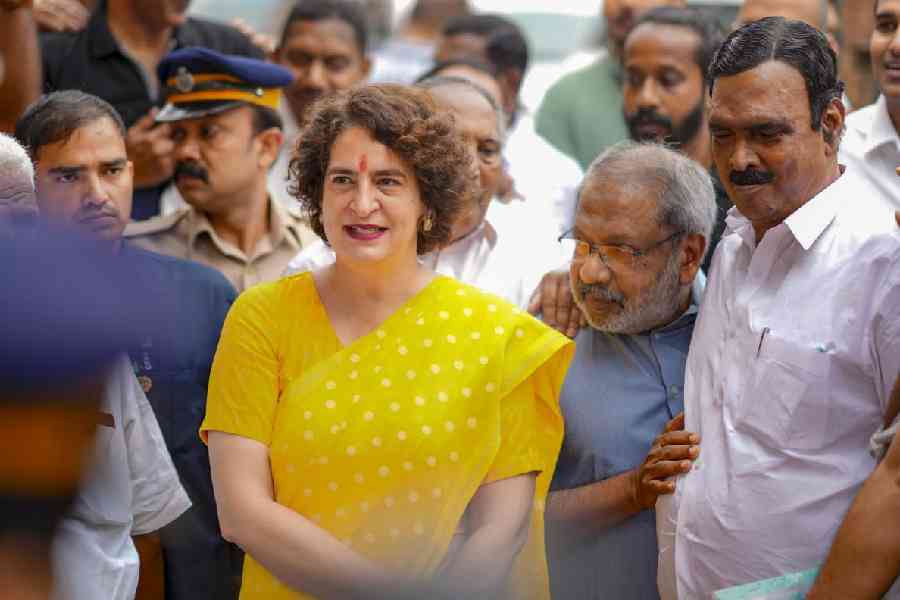Fundamental rights in India seem to mean different things to different people. It is because of this that these rights continue to be infringed upon with alarming impunity and frequency even though they are enshrined in the Constitution and have, more than once, been upheld by the courts of the land, most significantly the Supreme Court. In a recent video that was widely circulated on the internet, police personnel in Meerut were seen beating up and abusing a young woman for being friends with a Muslim man. This is not only appalling, but also ironic, given that the police were sent to rescue the woman and her friend after a mob that included members of the Vishwa Hindu Parishad attacked them. It is bad enough that law enforcers themselves turned violent against the people they were tasked with protecting. Making matters worse is the sordid reasoning behind their violence: a policewoman in the video was heard taunting the woman survivor for ‘preferring’ a member of the minority community to men from her own religious group. This, of course, was by no means a stray incident: earlier this year, a Muslim man was beaten by a mob outside a court in Ghaziabad where he had gone to marry a Hindu woman.
It has, thus, been clear for a while that the State and its institutions have learnt nothing from the apex court’s landmark rulings in the case involving the young woman, Hadiya, as well as on the right to privacy. People belonging to different faiths, it seems, shall attract the ire of self-styled custodians of morality and even law-keepers, not just for being in consenting relationships, but also for just being friends. This is deeply worrying on a number of counts. First, the growing frequency of such incidents points to a system in which such violence has been normalized. Second, it calls into question the extent to which law enforcement agencies can be relied upon to protect citizens from assault. Most significantly, it shows that polarization along the lines of religion is no longer confined to the level of policymaking and political rhetoric; it is increasingly tainting institutions that govern public life. The growing social legitimacy afforded to violent interference in the decisions of consenting inter-faith adults will ultimately benefit the proponents of Hindutva in the realization of their divisive agenda, part of which involves keeping women and minority communities living in fear. This must be zealously resisted if the ideals of equality, justice and democracy on which India was built are to be preserved.

